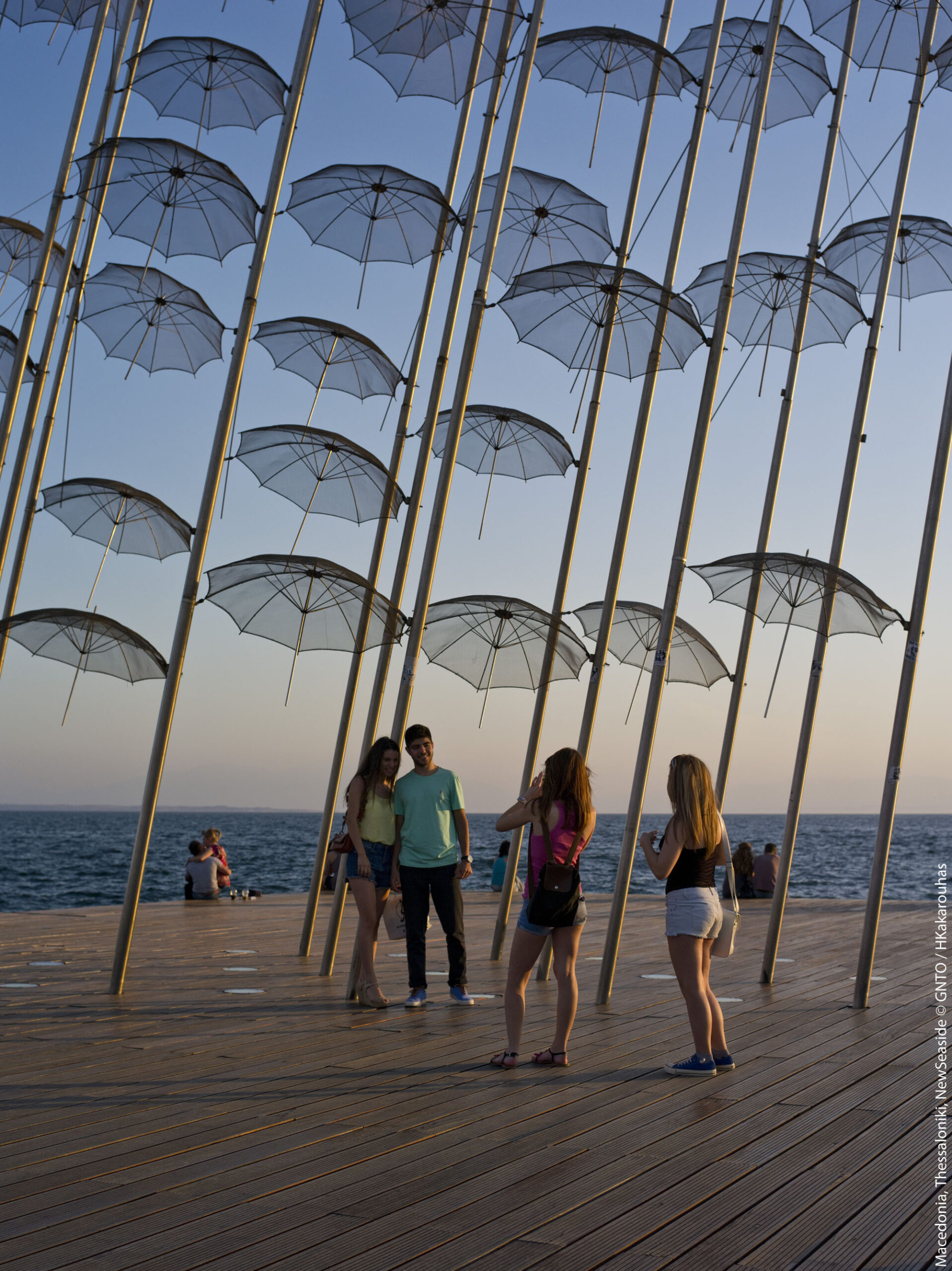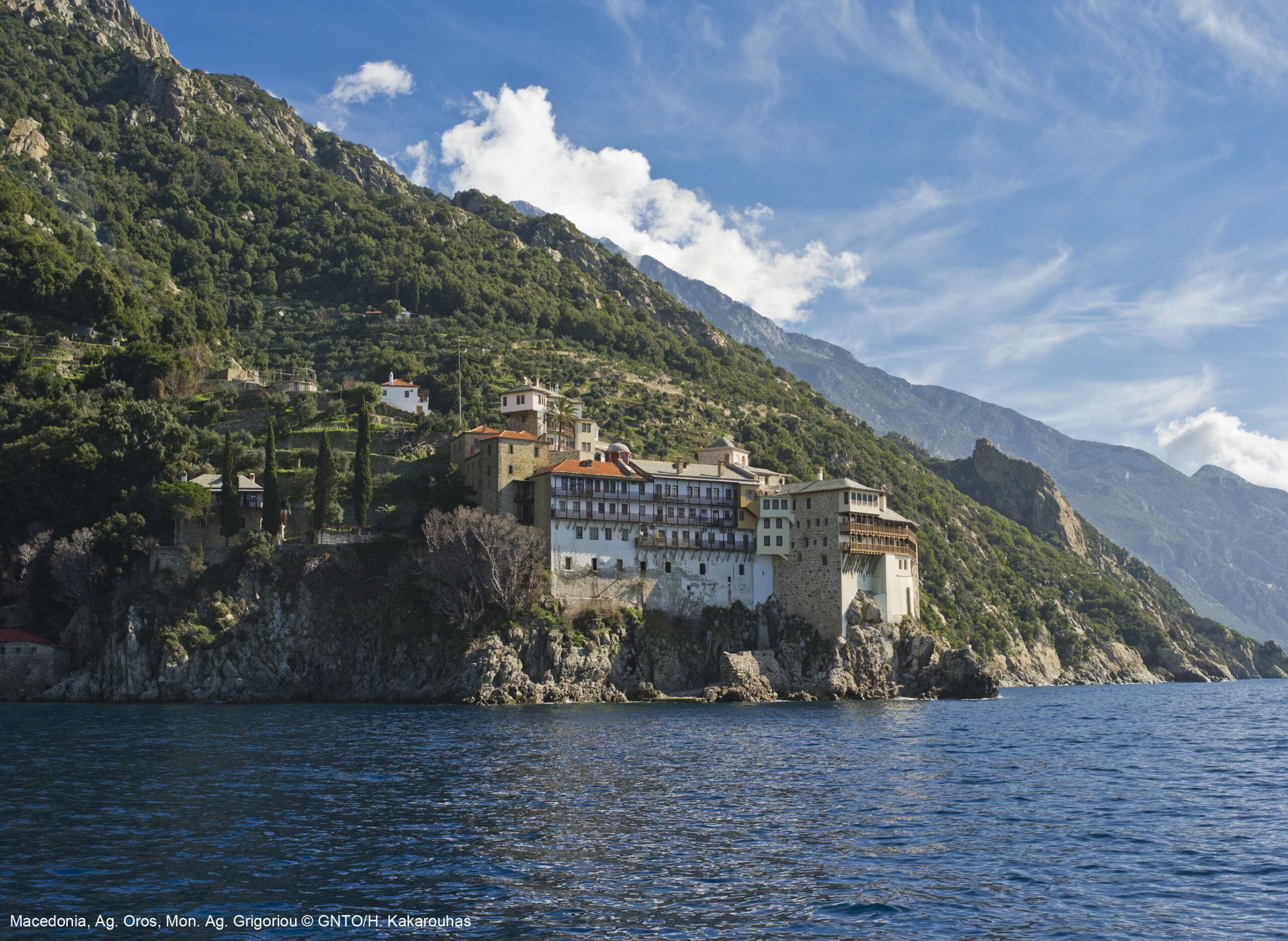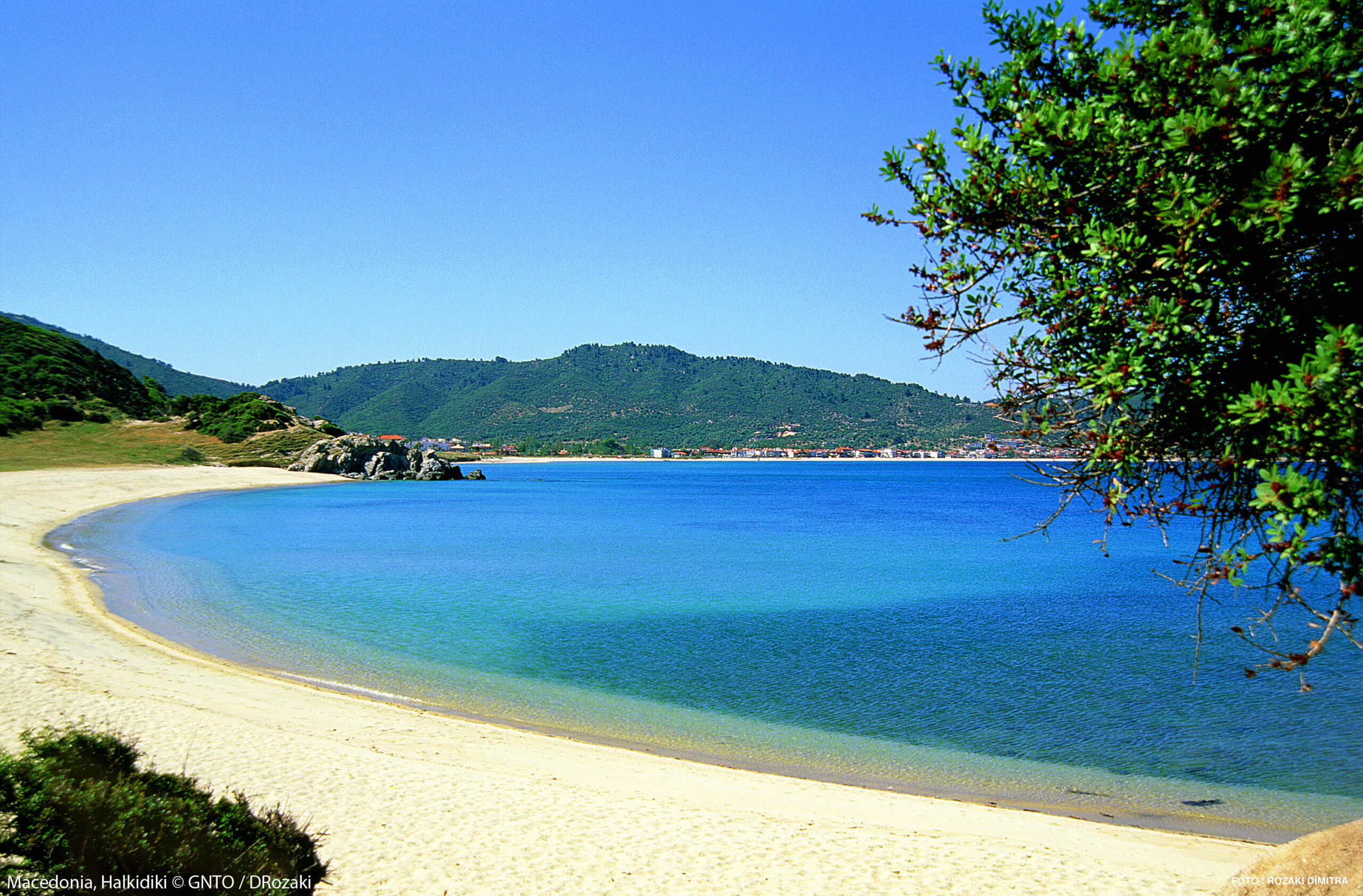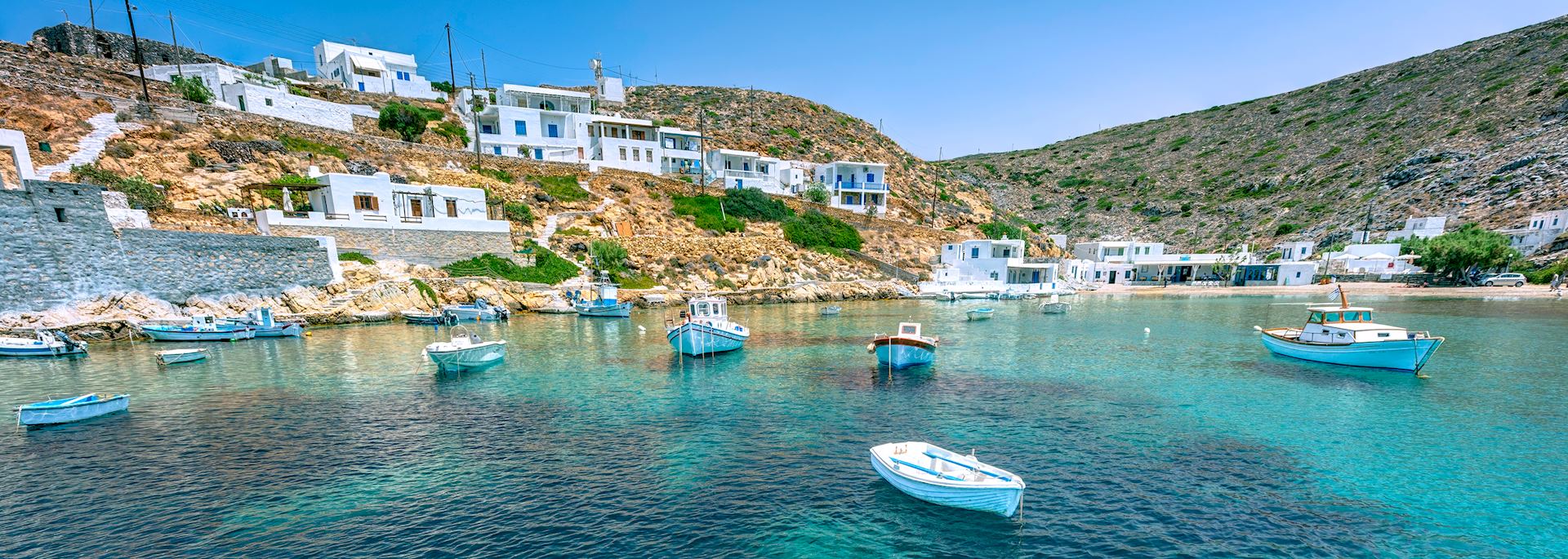
Let’s talk about Greece
When people think of Greece, their minds often drift to golden beaches, sun-drenched islands, and the endless blue of the Aegean. It’s a summer paradise, no doubt—but Greece is so much more. Beneath the postcard-perfect imagery lies a land of contrasts, a country that is as diverse in its landscapes as it is in its history.
Modern Greece, though small in size, is a mosaic of regions, each with its own unique character. Much like the city-states of ancient times—where Athens, Sparta, and Thebes stood as distinct yet interconnected powers—today’s Greece is a fusion of different terrains, climates, and traditions, all bound together by a shared language, religion, and heritage. From the misty mountains of Epirus to the lush forests of the north and the dramatic cliffs of Crete, Greece offers experiences far beyond its sun-soaked shores.
In this story, I’ll take you beyond the summer stereotype. We’ll explore the shifting landscapes, the rich history of modern Greece, and the hidden gems that make this country a year-round wonder. Let’s uncover the Greece you haven’t met yet.
“If you were to measure the media attention received by any one country over the course of a decade – say, the ten years since 2010- not many could boast the level of coverage focused on Greece, and this despite being relatively small geographically and economically. Likewise, few countries are portrayed in such a variety of ways, depending on one’s perspective. Let’s play this game together – with a hefty dose of generalization:
Viewed from the east, Greece is historically the enemy (what the Turks know as “Independence”, the Greeks called it “ Catastrophe”; looking from the Middle East or the north-African shore of the Mediterranean, it is a place that people are desperate to reach; from the west, it is seen as an awkward relative best kept at arm’s length ( ‘we are not Greece’ is a common refrain in some parts of Europe); if you come from the north, Greece is the grave of the European Union; if you live in Greece, the country is the cradle of Western civilization. It is also a sacrificial victim at the mercy of powerful interests if you are a dove, while from a hawkish perspective it is irredeemably corrupt and dragged down by bureaucracy. Whatever your angle, though, it seems impossible not to have an opinion. This is what happens when you ‘re pushed on to the world stage: stories are drowned out by “news”, emotions trump facts and personalities take the place of actual people.”
Excerpted from the introduction of “The Passenger” volume which focused on Greece.


The History of Modern Greece
1821
The insurrection against the Ottomans begins in the Peloponnese. After battles, and sacrifices the Greek people’s struggle for liberation finds justice. The 1827 the great powers (Great Britain, Russia and France) helped Greeks to win Ottomans at the Battle of Navarino. The following year the first constitution of Independent Greece is a historical fact. The country consists of Attica, the Cyclades, Euboa and the Peloponnese.
1864
Great Britain cedes the Ionian Islands to Greece.
1881
Ottoman Empire redraw its borders in favor of Greece, the Ottomans give up Thessaly and Arta in Epirus.
1897
The Greco-Turkish war ends with the defeat of Greece.
1910-13
After the win of Balkan states at the Balkan Wars, Greece gains Macedonia, Epirus, the islands on East Aegean Sea, Crete. The only part of Modern Greece, not included yet to Greece, is Dodecanese. The Dodecanese were officially integrated into Greece in 1936.
1914
Greece enters the First World War on the side of the Triple Entente.
1922
The Greco-Turkish war, which had begun in 1919, ends with the Catastrophe of Asia Minor. From the beginning of the war, Greeks from the Pontus region sought refuge in Greece, to be followed by Greeks from Asia Minor, who were displaced and moved to Greece as result of the population exchange mandated by the Treaty of Lausanne. This event resulted in a significant demographic change and had lasting effects on the Greek population.
4 August 1936
After years of political instability, General Ioannis Metaxas establishes a dictatorial regime inspired by Italian fascism.
28 October 1940
Prime Minister Ioannis Metaxas received an ultimatum from the Italian government demanding the right to occupy strategic locations in Greece. Metaxas’s firm rejection of this demand led to the commencement of the Greco-Italian war.
April 1940
The Germans invade Greece. The first resistance actions begin after few weeks.
1946
After being freed from occupation the country descents into a bloody civil war between the partisan forces into a bloody civil war between the partisan forces and supporters of the monarchy, which is restored following a controversial referendum.
21 April 1967
A long period of political instability, with significant foreign interference, leads to the coup that installs the military junta. The regime of the Colonels begins.
1973
Athens Polytechnic students protest against the regime. The occupation of the campus is bloodily repressed with the intervention of the army.
20 July 1974
Turkey occupies the northern part of Cyprus following the junta’s attempt to overthrow the Makarios government on the island. The Colonels are forced to resign. Democracy is restored.
1981
Greece joins the European Economic Community.
2001
Greece joins the European single currency.
2004
Athens hosts the twenty-eighth Olympic Games.
2009
Greece faced a significant economic crisis characterized by high public debt, large fiscal deficits, and rising concerns about financial stability. This situation led to Greece implementing austerity measures and making reforms, which sparked discussions in the European Union about how to manage the economy and support member countries.
Nikos Vatopoulos, THE PASSENGER Greece.


I will happily send to you! It will be great if you can come with me!